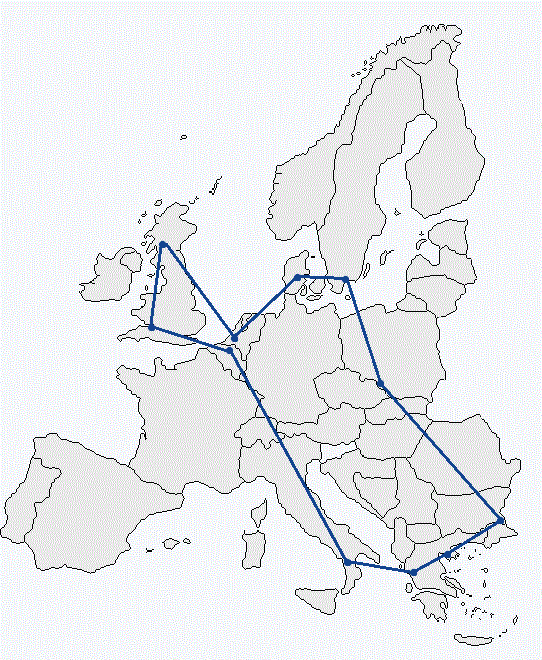Improving city resilience
Improving city resilience
Becoming more resilient means that a city strives to enhance its ability to bounce back and grow even stronger and better in the face of the chronic stresses and acute shocks. As such, city resilience is a continuous challenge for individuals, communities, institutions, businesses and infrastructure systems to address current trends and future transitions. This Action Planning network looked at the challenges of achieving resilience in and of our cities in a comprehensive and holistic way, by applying the lessons from the innovative governance approach of Transition Management. This approach is a process-oriented and participatory steering that enables social learning through iterations between collective vision development and experimenting.
Get in touch!
City of Rotterdam
Coolsingel 40, 3011 AD Rotterdam
Timeline
2016
Kick-off meeting in September (Katowice).
2017
Transnational meetings in March (Ioanina) and October (Malmo).
2018
Final event in March (Rotterdam).
Integrated Action Plans
Within an Action Planning Network, the Integrated Action Plan is a local output, specific to each city. Thus, the local circumstances, as the concrete actions to be carried out in response to the network's sustainable development challenges, are defined by the URBACT Local Group. This core group is composed by a wide range of relevant stakeholders, who have a stake in the addressed challenge and who play an active role in co-designing the plan alongside the project partner. This document is the result of the interplay between the theme, each city's starting point and its individual URBACT journey. It highlights the positive learning experience cities have undertaken, both from a local and a transnational perspective.
-
 Rotterdampdf 1.56 mo
Rotterdampdf 1.56 mo -
 Glasgowpdf 275.25 ko
Glasgowpdf 275.25 ko -
 Antwerppdf 2.58 mo
Antwerppdf 2.58 mo -
Bristolpdf 359.06 ko
-
 Potenzapdf 381.98 ko
Potenzapdf 381.98 ko -
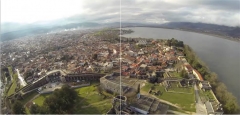 Ioanninapdf 3.8 mo
Ioanninapdf 3.8 mo -
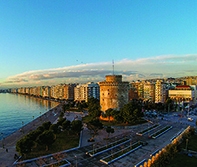 Thessaloniki
Thessaloniki -
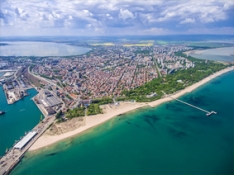 Burgaspdf 2.21 mo
Burgaspdf 2.21 mo -
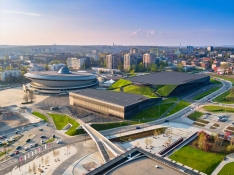 Katowicepdf 1.43 mo
Katowicepdf 1.43 mo -
Malmöpdf 525.9 ko
-
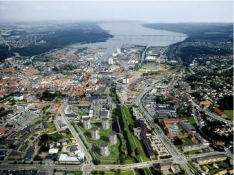 Vejlepdf 1.63 mo
Vejlepdf 1.63 mo

